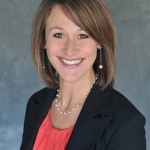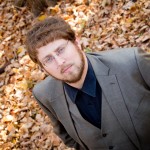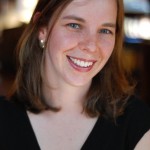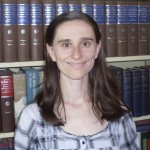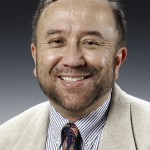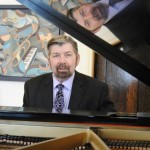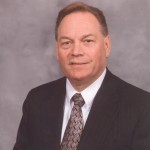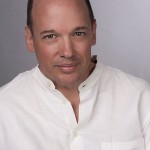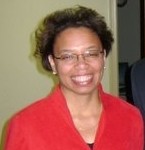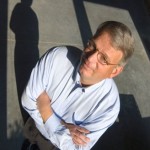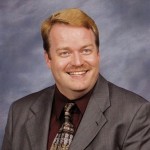God Among Us: A Theological Analysis of Olivier Messiaen’s La Nativité
Olivier Messiaen’s faith profoundly influenced his compositions. The compositional techniques systematically outlined in his treatise, The Technique of My Musical Language, provide the musical foundation for his works, but, more importantly, serve the theological bent of his creativity. This paper examines his musical language through a theological lens, exploring his modes of limited transposition, exploration of birdsong, numerological and color signification, use of plainchant, and incorporation of Greek and Indian rhythms (desitalas) in La Nativité du Seigneur (1935). This work is incredibly rich with theological symbolism, and understanding the symbolism enhances our interaction with this landmark organ composition.
Melissa Plamann, DMA, is the Wanda L. Bass Chair of Organ and associate professor of music at Oklahoma City University’s Bass School of Music. She also serves as interim organist at Westminster Presbyterian Church. She holds organ performance degrees from Valparaiso University and Emory University, and was awarded her Doctor of Musical Arts from Indiana University, Bloomington. She maintains an active performing schedule, and particularly enjoys programming twentieth- and twenty-first-century works and collaborative pieces featuring other instruments with the organ. She is the education chairperson for the Oklahoma City AGO chapter, and an Executive Board member of the Oklahoma Alliance for Liturgy and the Arts, a nonprofit organization that fosters liturgical art and encourages creative collaboration between artists, religious groups, and the larger community. She is a strong advocate of integrating global music in congregational worship, and has published a series of online articles for Augsburg Fortress on the topic.

